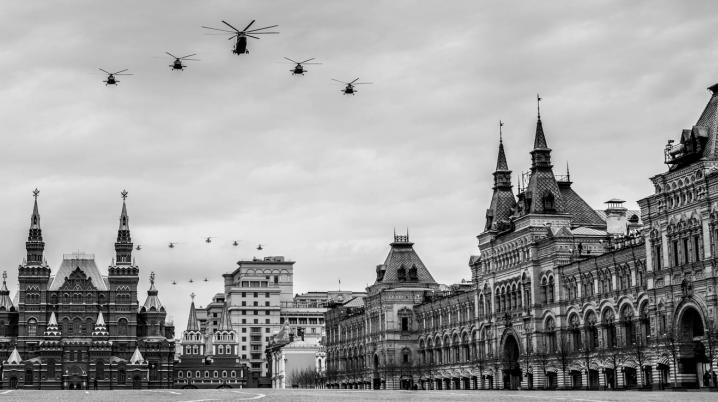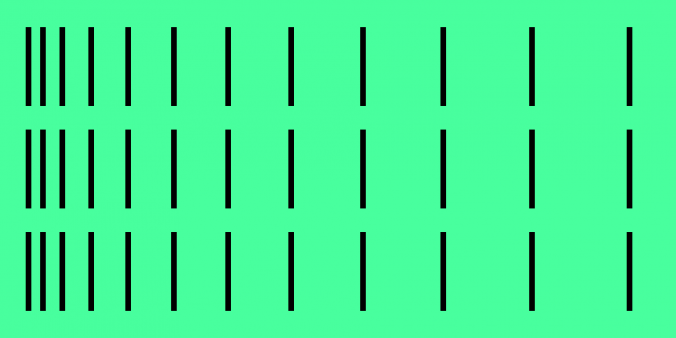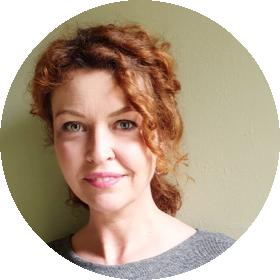
On 28 May, moderator Zoë Papikonomou connected online with artists and journalists in Moscow to talk about the impact of corona on the city. From their homes in Moscow, the Moscovites gave us an insight in the difficulties of the crisis, but they also provided us with inspiration, a laugh and new ideas (video below).
The metropolitan area of Moscow has over 2.5 million inhabitants. On 28 May there were almost 175.000 detected cases of the corona virus in Russia, which has now raised up to over 500.000 cases. This makes Russia one of the countries with the most infections in the world. By far the majority of the detected cases where registered in Moscow. The mayor of the city, Sergey Sobyanin, declared a lockdown at the end of March to slow the spread of the coronavirus right after President Vladimir Putin declared a ‘non-working week’ for the whole country.
Correspondent Russia Step Vaessen, sitting in the studio of Pakhuis de Zwijger, and photojournalist Sergey Ponomarev, tuning in from his living room, take us to the empty streets of Moscow and tell us about the current situation. Ponomarev explains that the authorities are slowly easing the lockdown measures and the first traffic jams are recurring again. The city government has installed a syste of digital passes which grant citizens permission to go out on the streets.
Step Vaessen: "The lockdown we have in the Netherlands is a luxury compared to the lockdown in Russia. Everybody can go to the supermarket here and walk around on the streets, where in Moscow there is a much stricter regime. People are being watched. "There is a division between citizens that are stuck at home with or without work and migrant workers that can't leave the country to go home and need to make deliveries or work in the field of construction."
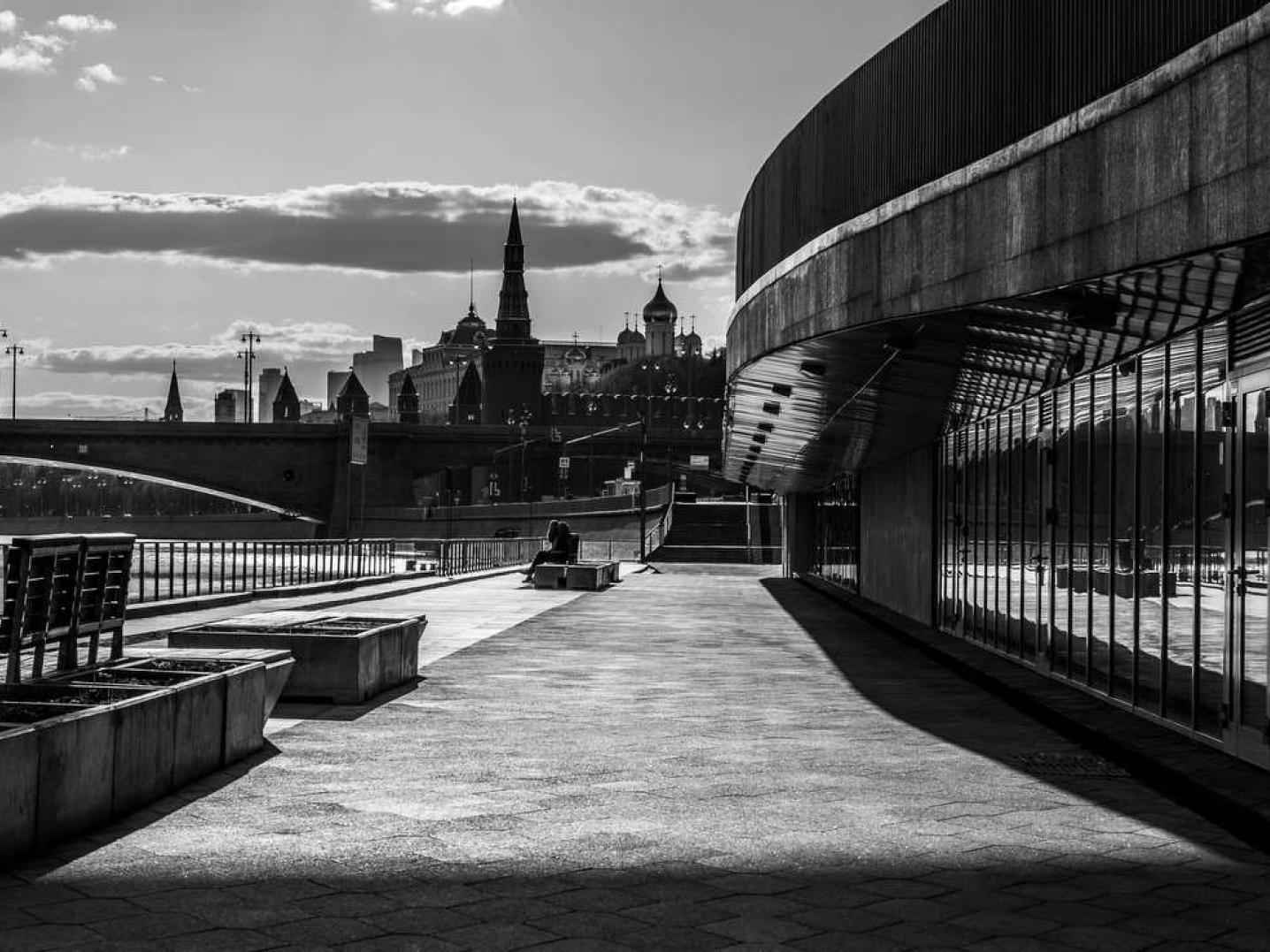
Opportunities in a crisis situation
While many problems occur due to the crisis, volunteering, collaborations and new creative projects seem to flourish in Moscow. Ponomarev makes use of his journalist pass to capture the beauty of the empty streets and is working on an exhibition. “The series The Great Emptiness is a story about a city where buildings become the main character. Usually we don’t notice the variety of shapes and styles of the buildings and the unique beauty of our city. You can feel the dialogue between centuries; the Baroque and empiric styles exist right next to constructivism or socialist-classicism.”
Maria Ionova-Gribina is a photographer that lost most of her assignments during the lockdown. Within the safety or her own house, she started to document the personal stories of people during this time. Via various online platforms she makes pictures of people in lockdown that experience an extreme situation, such as child birth or marriage, or who’s live has changed due to the pandemic. She posts their portraits on her Facebook page and receives many requests to document people’s lives.
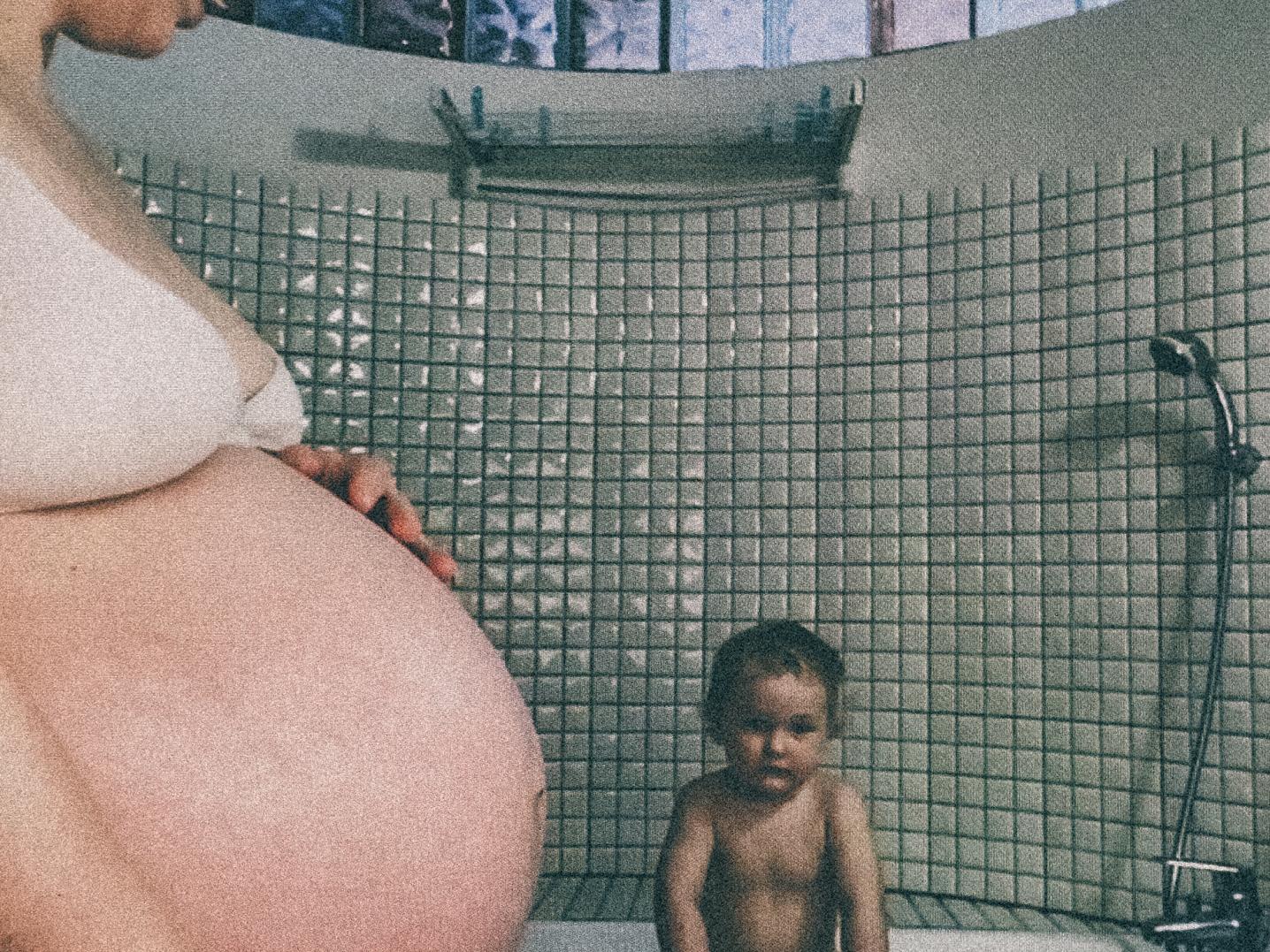
Another project that started on Facebook and soon became popular worldwide is Izoizolyacia, founded by Ekaterina Brudnaya. People post pictures in which they reconstruct famous paintings with things they can find at home. It started with a flashmob Brudnaya created for her friends. She made a picture of her husband, similar to Van Gogh's Self Portrait. Reconstructing famous painting at home is an activity for the whole family. The picture gives smiles and art to people all over the world. It resulted in a Facebook group with more than half a million members and daily submissions.
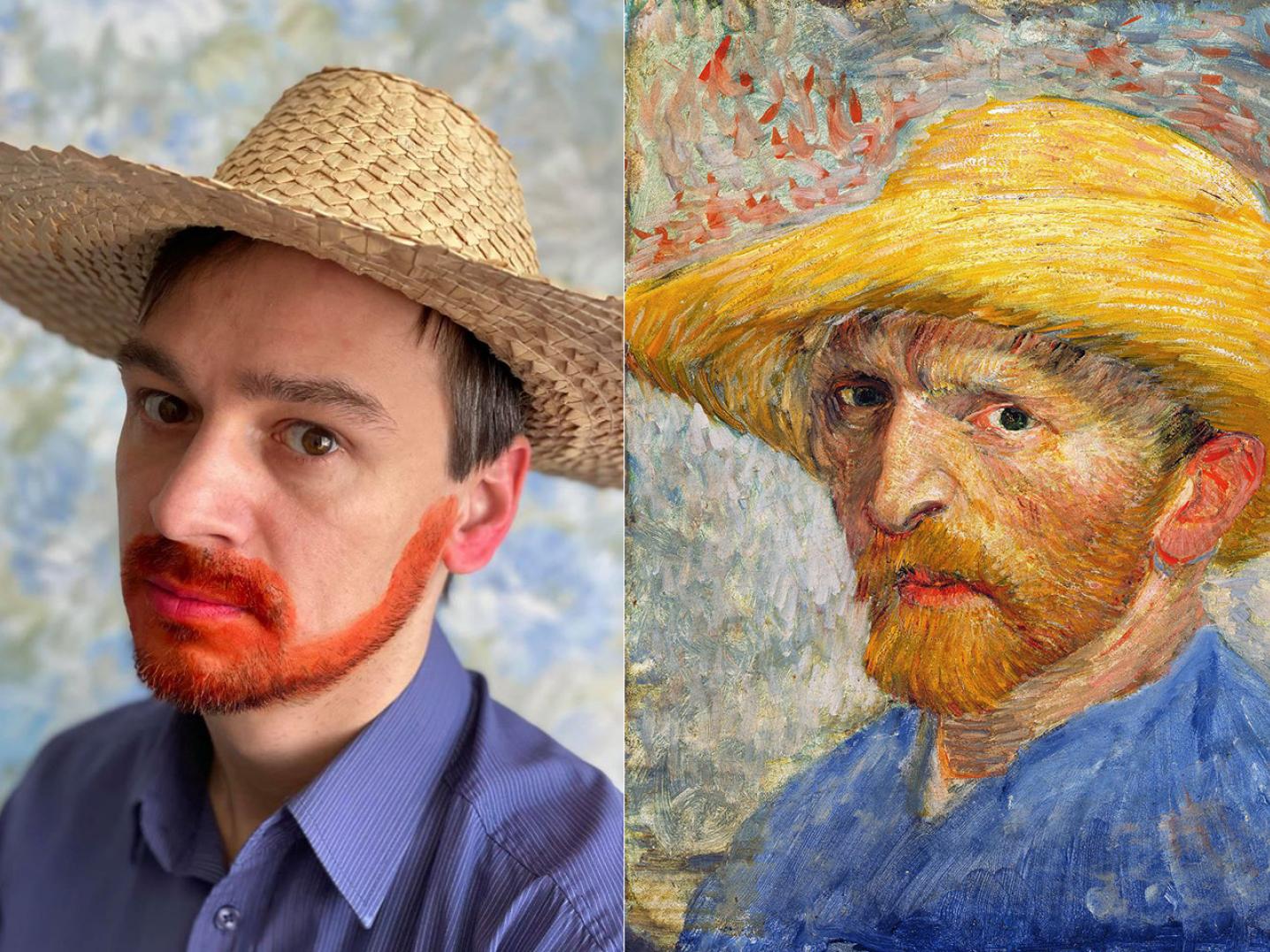
Voluntary work to redirect the purpose of a museum during the pandemic
Despite all the new projects and initiatives that keep arising, cultural institutions and organisations face many challenges, and for some the question is if they can keep existing. Elena Tupyseva, director of Ballet Moscow, explains how hard it is for her dancers to stay in shape during quarantine. They have online classes to stay connected on a daily basis. When some of the dancers performed during Museum Night after two months of lockdown, it became clear that it is physically difficult to deliver good performances after being stuck at home for so long. The subsidy the company receives from the city government allows them to still pay out all the employees. But because the company is not making money out of ticket sales, it had to reschedule a lot of projects to the next season, among which a project with Dutch choreographer Wubkje Kuindersma. But the company keeps finding ways to connect with its audience online. "Our aim during this time is to stay positive and find new ways to communicate with our audience".
Anton Belov, director of the Garage Museum of Contemporary Art , was the first museum in Russia that decided to close its doors during the pandemic. The museum is also losing money every day, because it doesn't get any income out of ticket sales or events. But the staff immediately came up with the idea of a self-isolation platform and provides food boxes to migrant workers and hospital staff. Besides, the museum aims to support independent artists by offering them the opportunity to have their artistic interpretations of this time showcased.
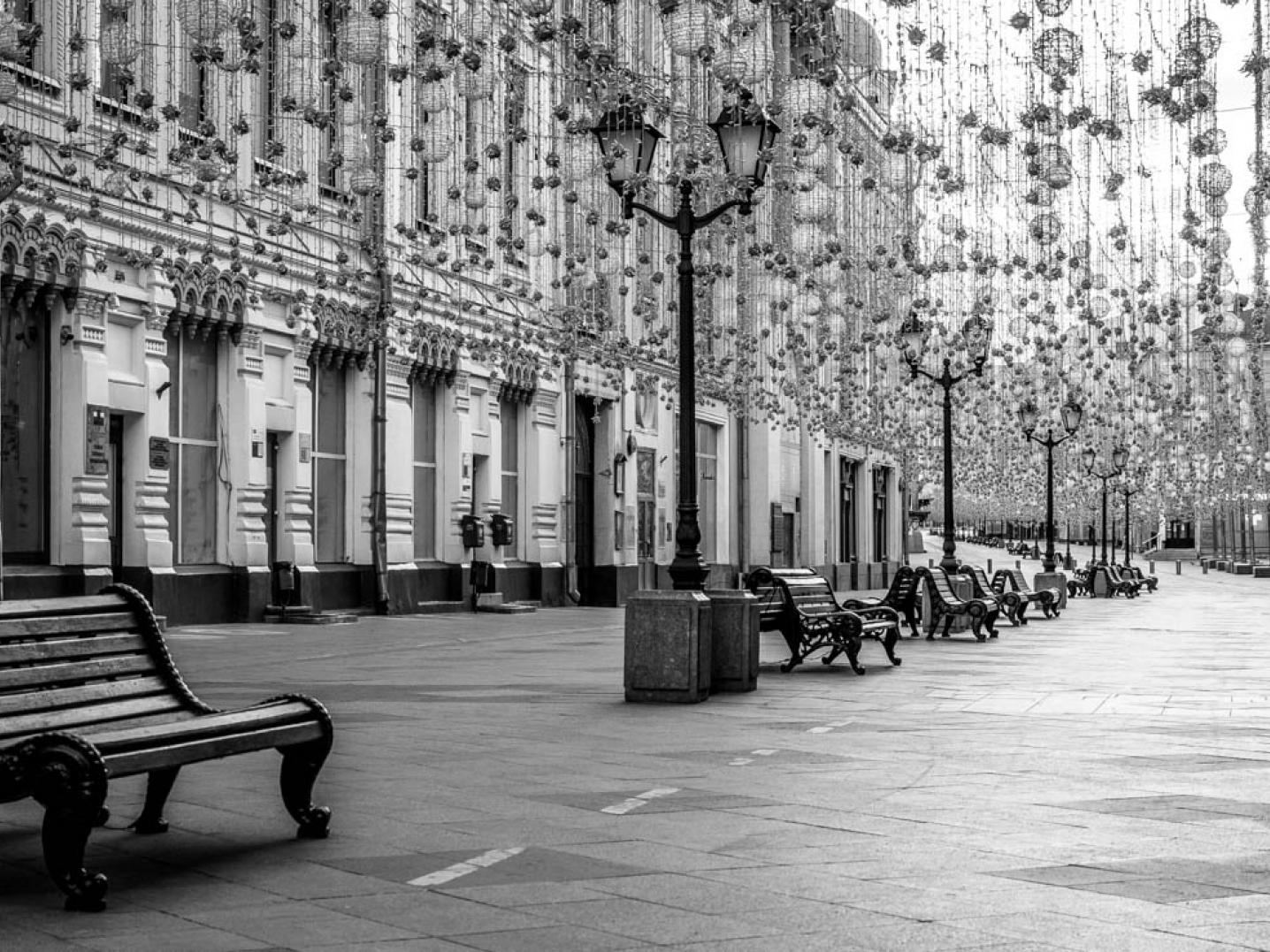
The opportunities of digitalising
Digitilasing the lectures and curriculum of the architecture programme at the university was a challege in the beginning of lockdown, according to Anastasia Uspenskaya, manager of extracurricular projects at MARCHI. But the students quite soon came up with online workshops in collaboration with architecture students from all over the country and exchange creative ideas. Many architects and students realise now that they have been focusing a lot on creating public buildings over the past twenty years. But it now becomes clear to them that these buildings are empty and people don't have access to them. The focus is now more on people's houses and its surroundings, so the emphasis of architects has to be more on people's homes and the route to important places like hospitals. Uspenskaya: "Architects can also take this as an opportunity to desing virtual places where we can see each other in different chairs with different backgrounds, etc."
All the speakers show that artists are resilient even though they face challenges and difficulties in the current situation. They keep coming up with new ways to connect and start to rething the possibilities of the digital space. The pictures put a smile on your face and show you a glimpse of quarantine life in Moscow. Ponomarev ends the conference with a short anecdote about a bumper sticker he came across with next to a hospital in Moscow: "We will hug each other once it's over!"
Check out the complete overview of Dutch cultural activities in Russia in our Database.
If you are a cultural professional who wants to go to Russia, feel free to contact our Russia advisor Lenka Boswijk.
For funding possibilities, check out our Cultural Mobility Funding Guide or the websites of our partners EYE International, Film Fund, Fonds Podiumkunsten, Het Nieuwe Instituut, Letterenfonds, Mondriaan Fonds, Stimuleringsfonds Creatieve Industries, the Embassy of the Kingdom of the Netherlands in Russia or the Consulate-General of the Netherlands in Saint Petersburg.
